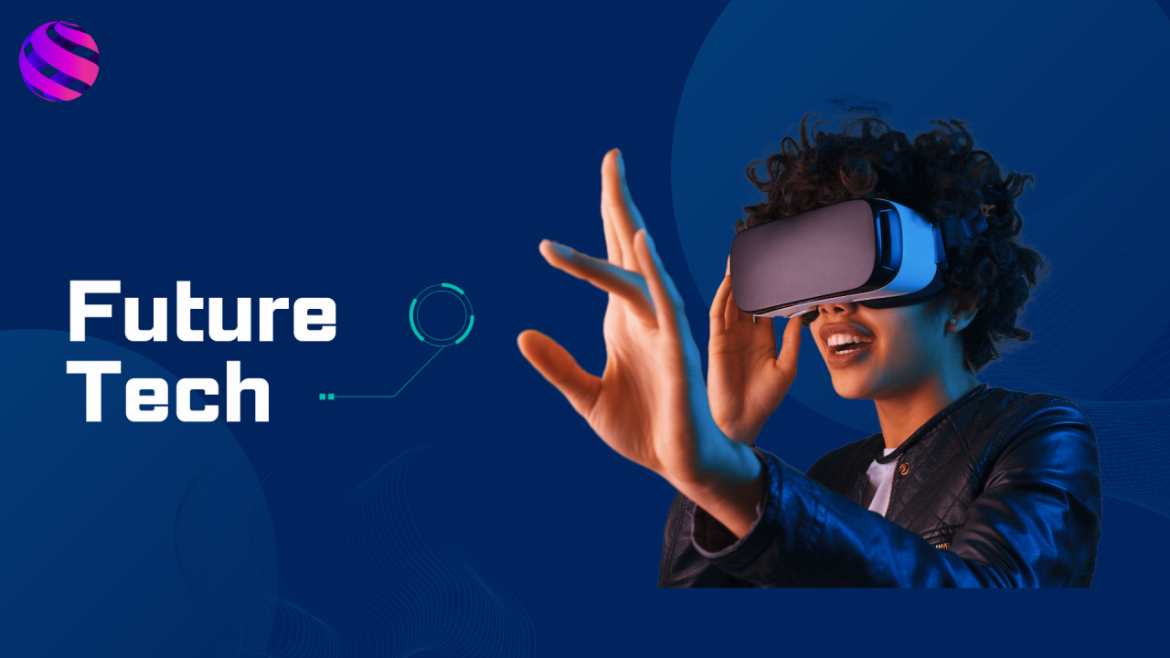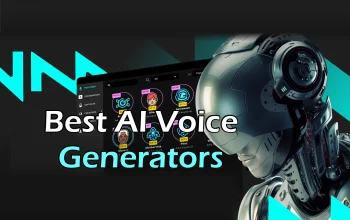
As we move further into the 21st century, technological advancements are accelerating at an unprecedented pace. These innovations promise to revolutionize various aspects of our lives, from healthcare and transportation to communication and beyond. Here, we explore five of the most promising future technologies that are set to transform our world.
Table of Contents
1. Artificial Intelligence and Machine Learning
Overview:
Artificial Intelligence (AI) and Machine Learning (ML) are rapidly evolving fields with the potential to revolutionize numerous industries. AI refers to the simulation of human intelligence processes by machines, while ML is a subset of AI that focuses on the development of algorithms that allow computers to learn from and make decisions based on data.
Applications and Impact:
- Healthcare: AI and ML are being used to diagnose diseases, predict patient outcomes, and personalize treatment plans. For example, AI algorithms can analyze medical images to detect conditions like cancer with high accuracy.
- Transportation: Autonomous vehicles, powered by AI, promise to make transportation safer and more efficient. Self-driving cars can reduce accidents caused by human error and optimize traffic flow.
- Customer Service: AI-powered chatbots and virtual assistants are improving customer service by providing instant responses and handling routine inquiries, allowing human agents to focus on more complex issues.
- Finance: AI is transforming the finance industry by enhancing fraud detection, automating trading, and providing personalized financial advice.
Future Prospects:
The potential of AI and ML is vast, with ongoing research focused on creating more sophisticated algorithms and expanding their applications. Future developments may lead to even more intelligent systems capable of performing complex tasks with minimal human intervention.
2. Quantum Computing
Overview:
Quantum computing is an emerging field that leverages the principles of quantum mechanics to process information in ways that traditional computers cannot. Unlike classical computers, which use bits to represent data as 0s or 1s, quantum computers use quantum bits (qubits) that can represent multiple states simultaneously.
Applications and Impact:
- Cryptography: Quantum computers have the potential to break existing cryptographic codes, leading to the development of new, quantum-resistant encryption methods.
- Drug Discovery: Quantum computing can accelerate the discovery of new drugs by simulating molecular interactions at an unprecedented scale and speed.
- Optimization: Industries such as logistics, finance, and manufacturing can benefit from quantum computing’s ability to solve complex optimization problems more efficiently than classical computers.
- Material Science: Quantum simulations can lead to the discovery of new materials with unique properties, impacting fields like energy storage, electronics, and manufacturing.
Future Prospects:
While quantum computing is still in its early stages, significant progress is being made in developing stable qubits and error-correcting techniques. As these challenges are overcome, quantum computers could become a transformative force across various industries.
3. 5G and Beyond
Overview:
5G, the fifth generation of mobile network technology, is set to revolutionize communication with its high-speed, low-latency connectivity. Beyond 5G, research is already underway on 6G networks, which promise even greater capabilities.
Applications and Impact:
- Internet of Things (IoT): 5G enables the seamless connection of a vast number of devices, from smart home appliances to industrial sensors, creating more efficient and interconnected ecosystems.
- Healthcare: Telemedicine and remote surgery can benefit from the high-speed, reliable connectivity provided by 5G, allowing doctors to treat patients in real-time, regardless of location.
- Autonomous Vehicles: 5G supports the real-time data exchange needed for autonomous vehicles to communicate with each other and with traffic infrastructure, enhancing safety and efficiency.
- Augmented Reality (AR) and Virtual Reality (VR): High-speed networks enable more immersive AR and VR experiences, with applications in gaming, education, and training.
Future Prospects:
As 5G networks continue to be deployed globally, their impact will be felt across various sectors. Research into 6G technology aims to further enhance connectivity, potentially enabling new applications such as holographic communication and ultra-reliable low-latency communication for critical applications.
4. Biotechnology and Gene Editing
Overview:
Biotechnology and gene editing are advancing rapidly, offering new possibilities for treating diseases, enhancing agricultural productivity, and understanding the fundamental mechanisms of life. CRISPR-Cas9, a revolutionary gene-editing tool, allows scientists to make precise changes to DNA.
Applications and Impact:
- Medicine: Gene editing holds the promise of curing genetic disorders, developing personalized treatments, and even combating infectious diseases by modifying the genes of pathogens.
- Agriculture: Biotechnology can create crops that are more resistant to pests, diseases, and environmental stresses, contributing to food security and sustainability.
- Environmental Conservation: Gene editing can be used to address environmental challenges, such as controlling invasive species or enhancing the resilience of endangered species to climate change.
- Synthetic Biology: The ability to design and engineer biological systems opens up new possibilities for producing biofuels, biodegradable materials, and novel pharmaceuticals.
Future Prospects:
As our understanding of genetics and biotechnology deepens, the potential applications of gene editing will continue to expand. Ethical considerations and regulatory frameworks will play a crucial role in guiding the responsible use of these powerful technologies.
5. Renewable Energy Technologies
Overview:
Renewable energy technologies are crucial for addressing climate change and reducing our reliance on fossil fuels. Advances in solar, wind, and energy storage technologies are making renewable energy more efficient and cost-effective.
Applications and Impact:
- Solar Power: Innovations in photovoltaic cells and solar panel designs are increasing the efficiency and affordability of solar energy, making it a viable option for more regions and applications.
- Wind Power: Advances in turbine technology and materials are enhancing the performance of wind energy systems, allowing for greater energy capture even in low-wind conditions.
- Energy Storage: Improved battery technologies, such as lithium-ion and solid-state batteries, are addressing the intermittency of renewable energy sources by storing excess energy for use when needed.
- Hydropower and Tidal Energy: Emerging technologies are harnessing the power of water, from traditional hydropower dams to innovative tidal and wave energy systems.
Future Prospects:
The transition to renewable energy is accelerating, driven by technological advancements and decreasing costs. Future developments in energy storage and smart grid technologies will enhance the integration of renewable energy into the power grid, paving the way for a more sustainable energy future.
Conclusion
The future of technology is brimming with possibilities, as AI and machine learning, quantum computing, 5G and beyond, biotechnology and gene editing, and renewable energy technologies continue to evolve. These innovations have the potential to transform industries, improve quality of life, and address some of the most pressing challenges facing humanity. As we embrace these technologies, it is essential to consider their ethical implications and ensure that their benefits are accessible to all.


